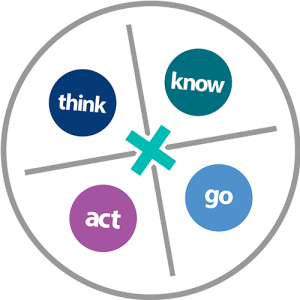Understanding Entry-Level Courses in American Institutions of Higher Education outlines a study conducted by EPIC that empirically identifies the characteristics of work at the college- and career-readiness level in English/language arts, science, and social sciences courses. Using a previously collected national sample of over two thousand entry-level college course documents, EPIC used an emergent coding design to analyze the content of postsecondary syllabi, assignments, and assessments. The analysis revealed information about the content, requirements, and challenge level expected of students in thirteen entry-level college courses in both two- and four-year institutions of higher education across the country. Researchers then used the findings of this study to develop a set of high school performance assessment tasks that represent the types of activities and assessments required in entry-level college courses.
This article outlines the methods and rationale for the study, the specific data that were collected from the entry-level college course documents, and the outcomes of interrater reliability tests. Finally, this report includes a discussion of possible implications of the study, including the need to raise the level of cognitive demand in secondary and postsecondary settings. This information has the potential to inform changes in curriculum and instruction, assessment, graduation, and admissions decisions at both the secondary and postsecondary levels.
UnderstandingEntry-LevelCourses_2016-1.pdf (2230 downloads )
Authors: Dr. Charis McGaughy, Greg Hopper-Moore, Dr. Erin Fukuda, Rachel Phillips, Jennifer Rooseboom, Dr. Kristine Chadwick




